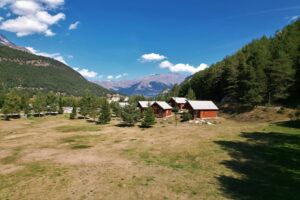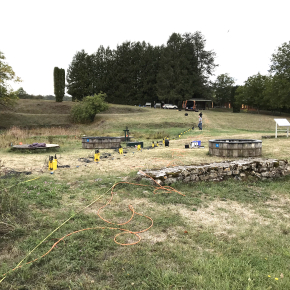Séminaire
On the Reliability of the El Nino-Southern Oscillation over the Last Millennium
Sylvia Dee
Our understanding of the oceanic and atmospheric dynamics under continued anthropogenic forcing rests on two major pillars: general circulation models (GCMs) and instrumental climate data. However, observations of 20th century climate (e.g. from weather stations or satellites) are too short (back to 1900) to fully characterize decadal and centennial variability in the climate system.
Description
Our understanding of the oceanic and atmospheric dynamics under continued anthropogenic forcing rests on two major pillars: general circulation models (GCMs) and instrumental climate data. However, observations of 20th century climate (e.g. from weather stations or satellites) are too short (back to 1900) to fully characterize decadal and centennial variability in the climate system. To augment the relatively brief instrumental record, high-resolution paleoclimate data record the pulse of the planet over timescales for which we have no direct records, provide a means for investigating extremes in past climates as an analog for future conditions, and help constrain statistics for climate variability.
This talk describes novel strategies for improved predictions of climate system behavior, specifically surrounding the El Niño-Southern Oscillation (ENSO), by combining data from models, instrumental data, and high-resolution paleoclimate archives. These new methods are applied to key questions concerning anthropogenic impacts on ENSO and past and future extremes in hydroclimate variability. Future projections of water stress will depend crucially on such improved estimates of ENSO variability on longer (decadal to centennial) timescales.
Informations supplémentaires
Le séminaire sera en hybride.
Le lien visio : https://meet.goto.com/873913069
Laboratoire de Météorologie Dynamique (LMD-IPSL), Campus Pierre et Marie Curie (Jussieu), tour 45-55, 3e étage, salle 313.






